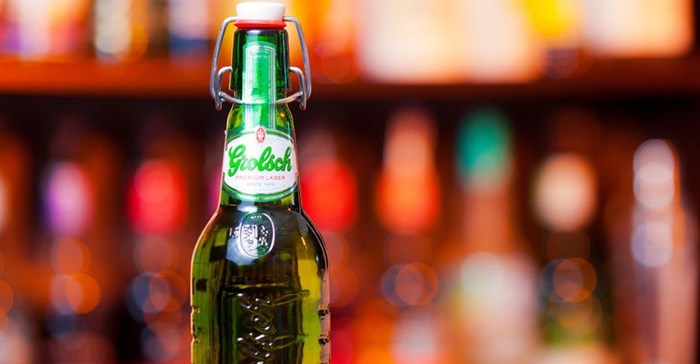SABMiller would probably need to sell top European brands Peroni and Grolsch to gain competition authority approval for its proposed merger with Anheuser-Busch InBev (AB InBev), the parties said yesterday.
In a deal that will create a brewer that accounts for a third of the world's beer supply, Budweiser owner AB InBev last month agreed to takeover terms by its main rival in a R1.4-trillion-plus deal.
"SABMiller has been informed by AB InBev of its intention to explore the sale of a number of SABMiller's European premium brands in line with its commitment to promptly and proactively address potential regulatory considerations," the company said yesterday.
SABMiller's UK-based producer, Meantime, has also been placed on the "for sale" list.
The companies want to convince global competition watchdogs to allow the tie-up to go through amid growing concerns over the combined brewing behemoth's market share dominance - which could see the European Commission, which rules on antitrust issues in the EU, block the mega-deal.
AB InBev, which is eyeing annual savings of $1.4bn after four years, could face a $3bn break-up clause if the merger with SABMiller fails. "Until the change of control, we will continue to invest in growing these great beers and supporting our talented people who brew, sell and manage them," SABMiller CE Alan Clark said yesterday.
SABMiller has already agreed to sell its 58% stake in US venture MillerCoors to venture partner Molson Coors for $12bn to pre-empt any potential concerns from US regulators.
Peroni has been owned by SABMiller since 2003, and Grolsch was acquired in 2008.
According to analysts, private equity players were the most obvious potential buyers and it was likely that SABMiller would also divest Chinese joint venture Snow as well.
In view of the size and scale of AB InBev after the SABMiller deal, there was likely to be further consolidation among the remaining players, John Colley, professor of practice at Warwick Business School and an expert on large-scale mergers, said.
"This is a trend in the pharmaceuticals industry, where valuations are increasing as the industry rapidly consolidates. Size is necessary to compete on cost grounds and distribution grounds," he said.
"Maintaining product availability through distribution requires sizeable advertising budgets in order to compete with the big brands."
SABMiller said any sale would be conditional on completion of the AB InBev acquisition of SABMiller and would be subject to appropriate engagement with stakeholders, including unions and works councils.
According to beer market specialist Plato Logic, the deal will give AB InBev a dominant presence in nearly every major market and an estimated 28.4% market share worldwide after expected divestitures. The combined companies would generate $64bn in revenue.


































